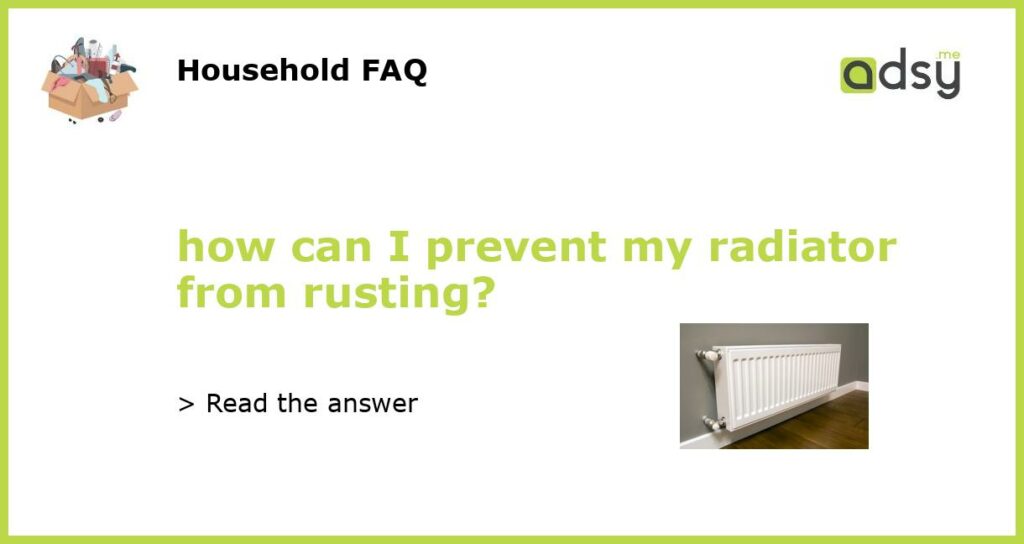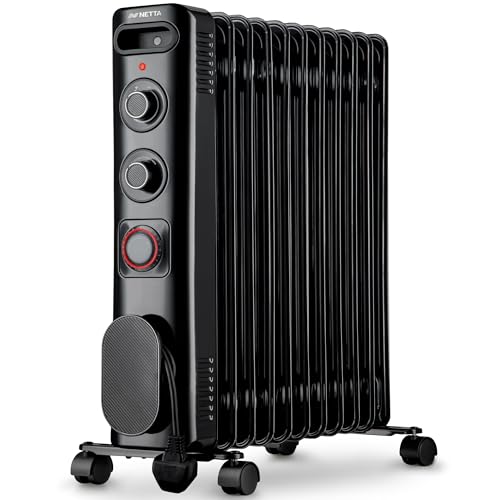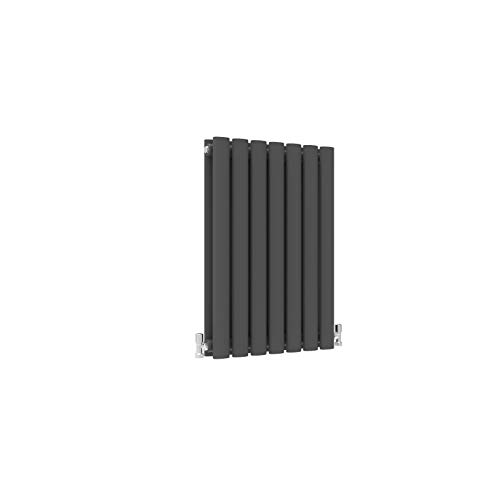Understanding the Causes of Radiator Rust
Rust is a common problem that affects radiators, especially those made of metal. It is primarily caused by the presence of moisture and oxygen, which can lead to the corrosion of metal surfaces. When rust builds up on a radiator, it can obstruct the flow of coolant and reduce the overall efficiency of the heating system. To prevent your radiator from rusting, it is crucial to understand the causes behind it.
Regular Cleaning and Maintenance
Maintaining a clean radiator is essential for preventing rust. Dust, dirt, and debris can accumulate on the surface and create a breeding ground for rust. Regularly check your radiator and clean it using a soft, damp cloth or a vacuum cleaner with a brush attachment. Avoid using abrasive cleaners or brushes that can scratch the surface of the radiator, as it can make it more prone to rusting. Additionally, make sure to clean the area around the radiator to avoid any moisture buildup.
Applying a Protective Coating
One effective way to prevent rust on your radiator is by applying a protective coating. There are various options available in the market, such as radiator paint or rust inhibitors. These coatings are specifically designed to create a barrier between the metal surface and the surrounding environment, preventing moisture and oxygen from coming into direct contact with the radiator. Before applying any coating, make sure to clean the radiator thoroughly and follow the manufacturer’s instructions for application.
Maintaining Proper Humidity Levels
High humidity levels can contribute to the rusting of radiators. Excess moisture in the air can condense on the metal surface, leading to the formation of rust. To prevent this, it is important to maintain proper humidity levels in your home. Use a dehumidifier in areas with high humidity, such as the basement or bathroom. Additionally, ensure proper ventilation in rooms with radiators, as good airflow can help reduce condensation.
Regular Inspections and Repairs
Regular inspections are crucial for identifying any signs of rust on your radiator. Keep an eye out for discoloration, flaking paint, or any visible corrosion on the surface. If you notice any signs of rust, address them immediately to prevent further damage. Depending on the severity of the rust, you may need to consider professional repairs or even replacement of the affected parts. Consult a heating specialist or a radiator manufacturer for proper guidance and assistance.






